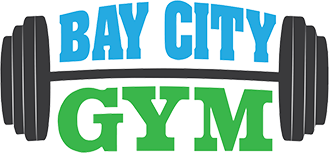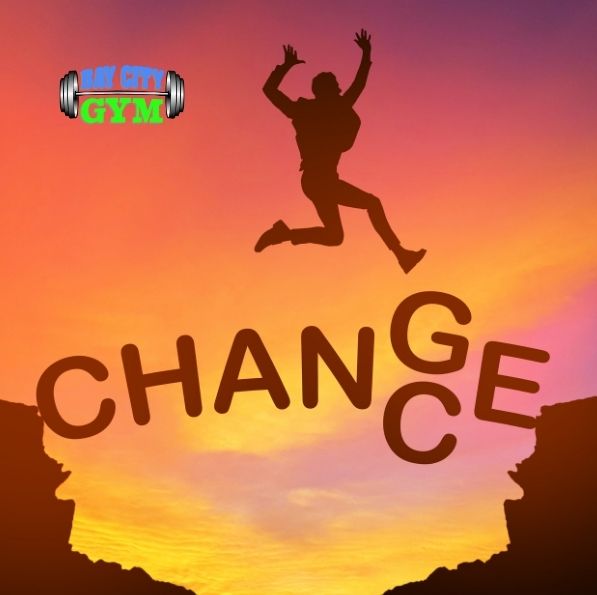Article by – Chrissy Newall – Owner, Coach and Group Fitness Instructor.
Most people begin a fitness journey with a goal. Lose weight. Get stronger. Improve mobility. Feel fitter. These goals give us direction, but they do not tell us how to get there. And when life gets busy or motivation dips, goals alone are not enough to keep us moving forward.
What creates real, lasting change is not the goal itself but the behaviours that lead to it. When we shift focus from the result we want to the actions we take, everything becomes clearer, more achievable and easier to stay consistent with.
Why Goals Are Not the Full Story
Goals are important, but they only describe an outcome. They do not describe the daily habits, choices and routines needed to reach that outcome.
For example:
- The goal might be to lose weight
- The behaviour is planning your meals and training three times each week
Or:
- The goal might be to get stronger
- The behaviour is following a progressive strength program and showing up consistently
When we focus only on the outcome, we can feel frustrated when results do not come quickly. But when we focus on the behaviours, progress becomes something we do, not something we wait for.
The Power of Small, Specific Behaviours
Real change starts with small, repeatable behaviours that become part of daily life. Big goals can feel overwhelming, but small actions build confidence and momentum.
Examples of behaviour based actions include:
- Going to the gym on set days each week
- Preparing lunch the night before
- Getting seven hours of sleep
- Walking for fifteen minutes after dinner
- Drinking water before having coffee
These actions might seem simple, but they create a structure that keeps you moving in the right direction. Over time, small behaviours compound into major results.
Behaviour Creates Identity
When you practice a behaviour consistently, you start to see yourself differently.
Someone who goes to the gym every Tuesday and Thursday becomes a person who trains.
Someone who chooses whole foods becomes a person who eats well.
Someone who prioritises sleep becomes a person who values recovery.
Identity shapes motivation. When a behaviour becomes part of who you are, it is easier to keep doing it even when life feels busy or stress rises.
Action Comes Before Motivation
Many people believe they must feel motivated before they take action. In reality, it is the action that creates motivation.
Every time you show up, even when you do not feel like it, you send your brain a message:
I can do hard things. I can take control. I can move forward.
This is why taking one small step is often the turning point. Motivation is action. When you act, motivation follows.
Find Your Emotional Reason
Knowing that exercise is good for you is not enough to keep you consistent. Most people know they should train, eat well and get enough sleep, yet struggle to stay on track.
What keeps you going is a reason that matters to you on a deeper emotional level.
Maybe you train because you want to be a strong and present role model for your kids.
Maybe it is to avoid medication for high blood pressure.
Maybe you want to feel confident again, or improve your mental health, or live longer with better quality.
These reasons create meaning behind your behaviours. They remind you why the effort matters and help you take action on days when motivation is low.
Bring It All Together
Goals tell you where you want to go.
Behaviours determine whether you get there.
At Bay City Gym we encourage our community to set clear goals but to focus most on the small, consistent actions that build confidence, resilience and progress. When you identify the behaviours that matter and anchor them to a meaningful emotional reason, staying on track becomes far more achievable.
Whatever your next goal is, start with the behaviours that move you one step closer. Progress is built one action at a time.


